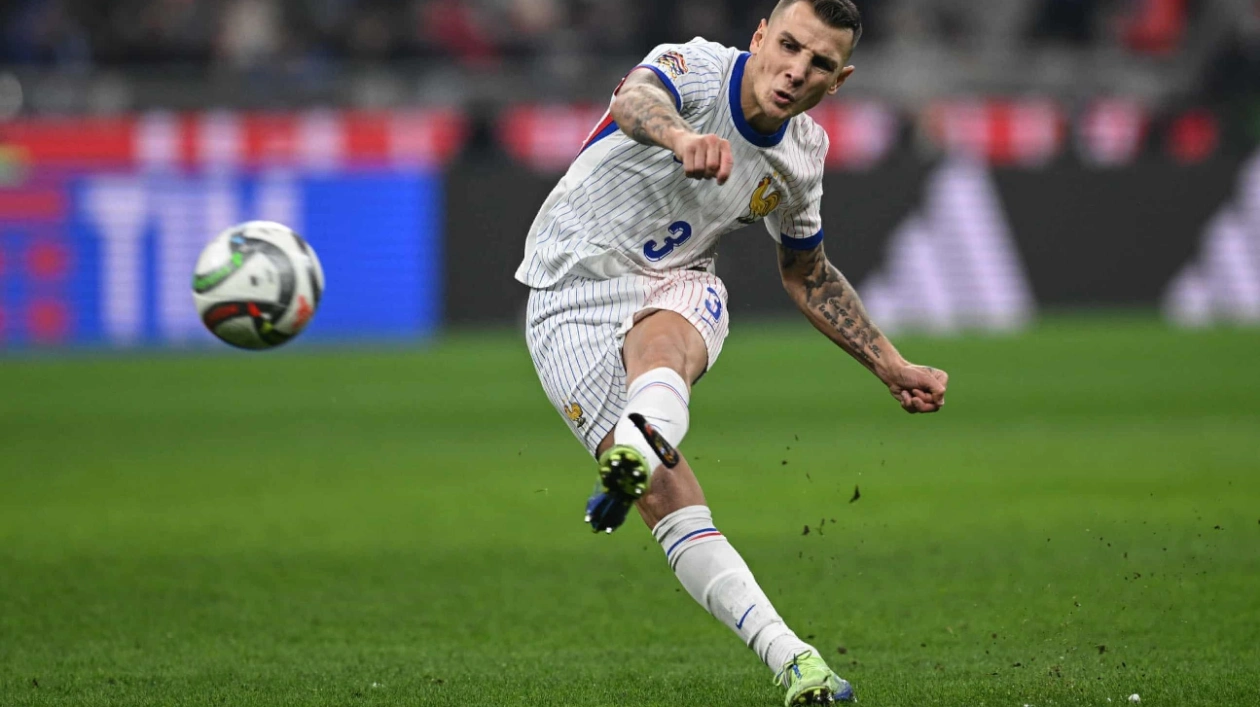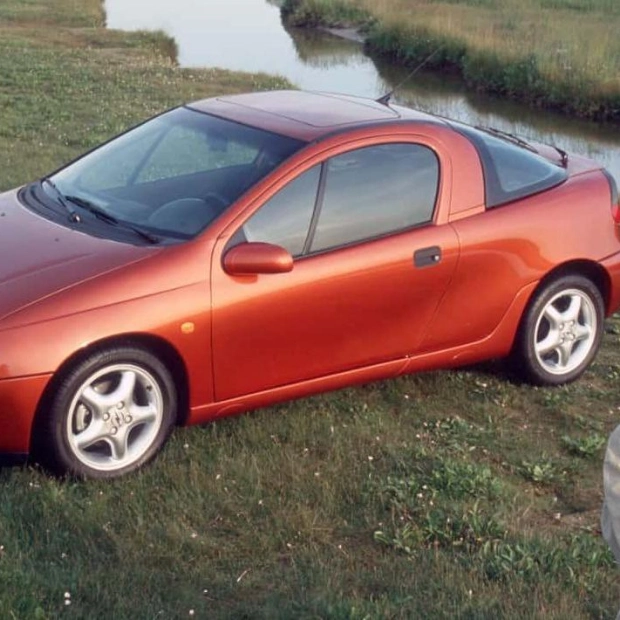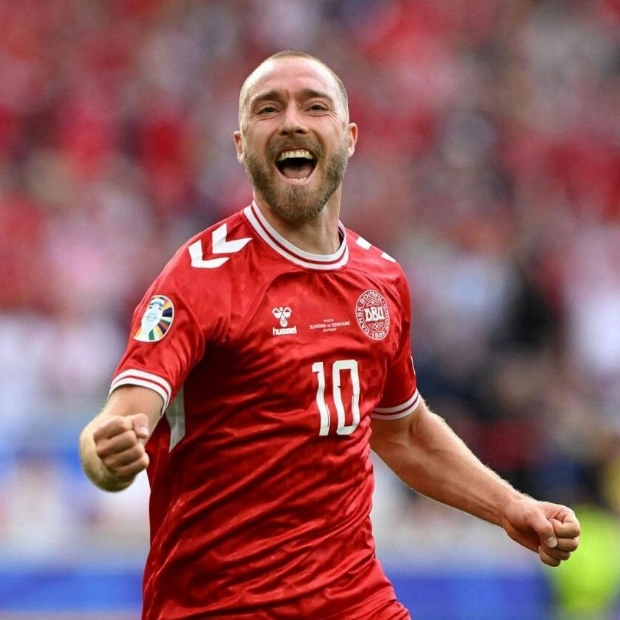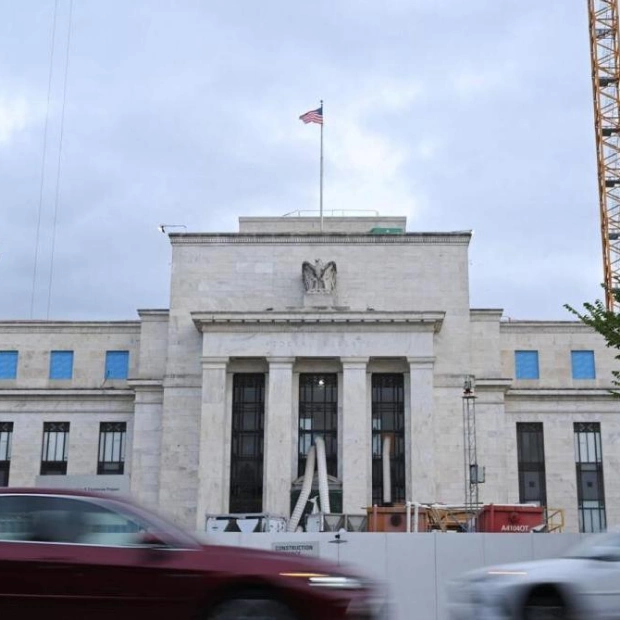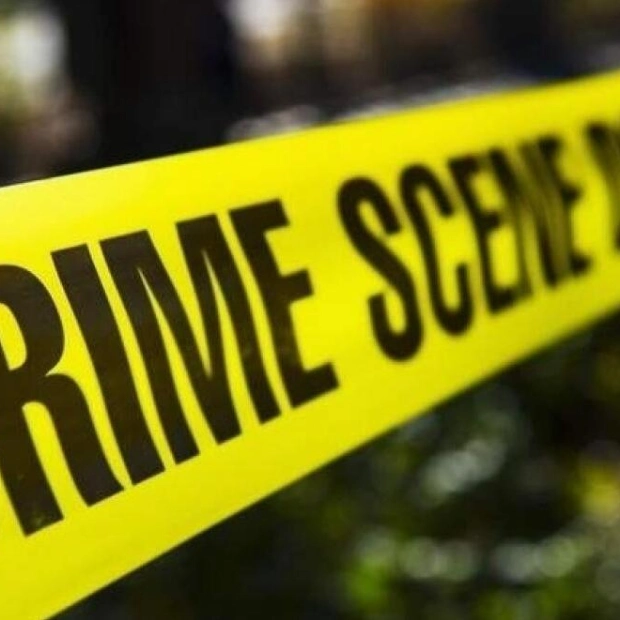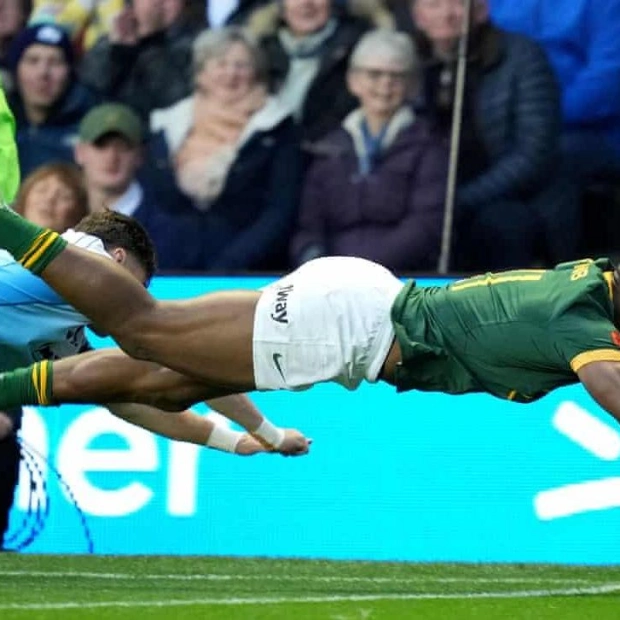“There’s a lot of pride,” beamed Didier Deschamps after France’s 3-1 victory at San Siro on Sunday night, avenging their earlier defeat by the same scoreline in Paris. While it might be premature to call it a “renaissance,” as Monday’s L’Équipe front page suggested, the resilient performance has at least provided some relief for the under-pressure head coach.
The goalless draw against Israel just three days prior offered little insight, especially given the off-pitch circumstances. With only 16,611 spectators – the lowest ever turnout at the Stade de France amid heightened security – the lackluster display mirrored the general apathy. After a year filled with tedious and uninspiring performances, sending out a second-string lineup in Italy seemed like a low-risk move.
“Criticism is part of life. I know expectations are high – I wanted to use these six Nations League matches to see new players,” Deschamps continued. The revitalized performance in Milan was fueled by a significant lineup overhaul – seven changes in total – and Lucas Digne’s stellar left boot. With two assists and a free-kick that found the net, the Aston Villa defender fittingly celebrated his 50th France cap.
Although neither team had anything to lose as both had already qualified for the later stages, the Milanese crowd was in a combative mood, booing the Marseillaise before kick-off. The stadium was soon silenced as Adrien Rabiot headed in the opener within two minutes, followed by Digne’s free-kick doubling the lead. Italy pulled one back before halftime through Andrea Cambiaso, but Les Bleus stepped up in the second half, delivering arguably their best performance of the year.
Among this summer’s Olympic finalists, Roma midfielder Manu Koné has most convincingly transitioned to the senior team. Alongside Rabiot and Mattéo Guendouzi, the 23-year-old was part of a rejuvenated midfield trio that outmuscled opponents and broke through defensive lines. Michael Olise, however, has yet to replicate his Under-21 standout form under Thierry Henry, and Bradley Barcola has only shown glimpses of his sensational club form on the international stage.
A lack of incisiveness in attack remains France’s biggest issue, looking no more convincing than during their Euro 2024 campaign. At San Siro, all three goals came from set pieces, with the reworked front three providing little assurance. Randal Kolo Muani, France’s top scorer this year with six goals, valiantly works hard but cannot emulate Kylian Mbappé’s impact. Marcus Thuram and Christopher Nkunku found themselves isolated and were dispossessed too easily by Italian defenders.
With Mbappé and Antoine Griezmann absent – the latter announcing his international retirement – France was left without their two leaders. In their absence, figures like goalkeeper Mike Maignan have stepped up, indicating a potential shift in dressing room dynamics. Ibrahima Konaté delivered a solid performance on his first appearance with the armband, while 29-year-old Rabiot emerged as the new veteran in midfield.
Without an international comeback for Paul Pogba, all stalwarts from Deschamps’ first decade are now out of the picture. Mbappé, designated to lead the new generation, is currently a peripheral figure. Deschamps remained cryptic when questioned about his captain’s omission, hinting at a general malaise: “It’s complicated for him. Leave him alone, I’m sure he’ll get back to his best.” Mbappé’s absence for the second consecutive international break, and the lack of transparency over the reasons, will remain a major talking point until the team reconvenes in March.
France’s attacking threat, especially from open play, is significantly diminished without a confident Mbappé. Whatever the true reasons for his absence, French fans will be closely watching the Spanish capital in the coming months, hoping for a return to form. For now, Les Bleus can bask in the slight optimism after a tenacious performance in hostile territory. The new generation’s defining moment, however, will have to wait until next year.
Source link: https://www.theguardian.com
